Obsessive Compulsive Disorder (OCD)
Obsessive Compulsive Disorder (OCD) Therapists in the Greater Denver Area and Across Colorado – Accepting New Clients
Living with Obsessive Compulsive Disorder (OCD) can feel overwhelming and isolating. People with OCD often experience intrusive thoughts (obsessions) and feel compelled to perform repetitive actions (compulsions) to manage anxiety. These rituals can interfere with daily life, relationships, and work, leading to shame, frustration, or emotional exhaustion. OCD can appear in many forms, such as fears of contamination, doubts about safety, or a need for things to feel “just right,” and it affects both children and adults.
Therapy for OCD can be life-changing. At Westside Behavioral Care, many of our therapists use evidence-based approaches like Cognitive Behavioral Therapy (CBT), Exposure and Response Prevention (ERP), and Acceptance and Commitment Therapy (ACT). These methods help individuals challenge distressing thoughts and gradually reduce compulsive behaviors in a supportive, manageable way. For children and adolescents, therapists may also incorporate family therapy, play-based techniques, or parenting strategies to provide age-appropriate support. Our goal is to help you reclaim your time, reduce fear, and build lasting confidence in your ability to cope. Appointments are available in person across the Greater Denver Area, including Greenwood Village, Lakewood, Aurora, Broomfield, and Highlands Ranch, or through secure online therapy statewide. All of our therapists are in-network with Kaiser Permanente, and many are also credentialed with other insurance plans. You can browse available therapists by specialty, insurance, location, and age to find the right fit for your needs. You can also call us at (303) 986-4197 or email info@westsidebehavioral.com for personal assistance scheduling your first session.
Read more about Obsessive Compulsive Disorder (OCD) therapy
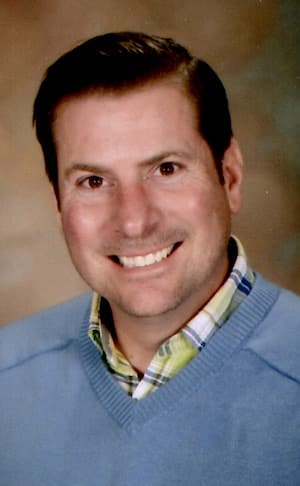
Travis Byrne
Licensed Professional Counselor
Next appointment on 7/9/2025 at 7:30 AM
Offers sessions only online
Travis strives to maintain transparency when it comes to the use of therapeutic theory and technique.
Gender: Man
Ethnicity: White
Pronouns: He/Him
Additional ratings needed to generate average
-
Online Therapy Session , No Physical Location, CO
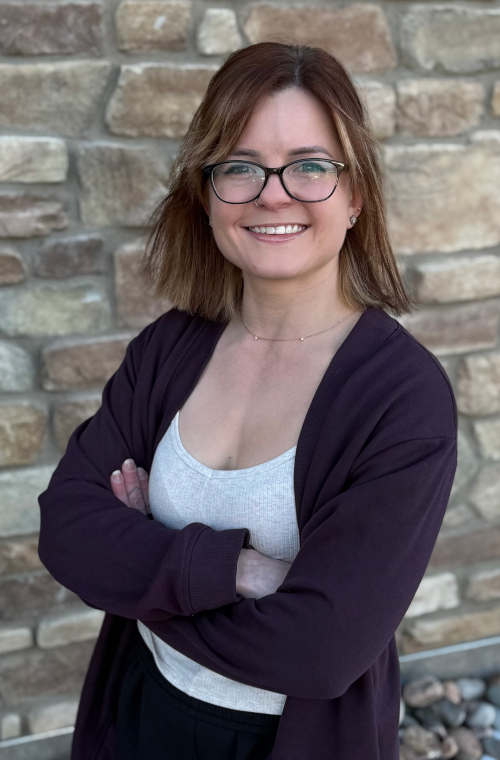
Caroline Hanlet
Licensed Professional Counselor
Next appointment on 7/9/2025 at 12:00 PM
Offers sessions only online
Caroline strives to be a gentle, guiding presence in your life to help you accomplish your goals.
Gender: Woman
Ethnicity: White
Pronouns: She/Her
Additional ratings needed to generate average
-
Online Therapy Session, No Physical Location, CO
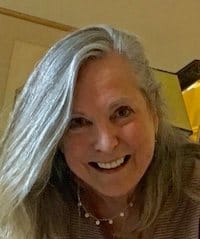
Marly Kravetz
Licensed Professional Counselor
Next appointment on 7/10/2025 at 12:00 PM
Offers sessions only online
Marly has over 30 years of experience as a counselor.
Gender: Woman
Ethnicity: Prefer not to share
Pronouns: Prefer not to Share
Additional ratings needed to generate average
-
Online Therapy Session, No Physical Location, CO
Seeing patients over 21 years old. No couples.
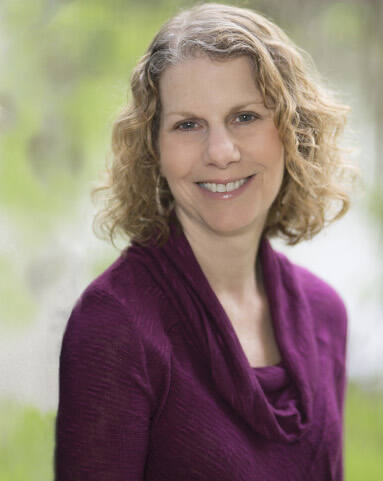
Debbie Miller
Licensed Clinical Social Worker
Next appointment on 7/10/2025 at 1:30 PM
Offers sessions in-person and online
Debbie provides an eclectic mix of therapeutic interventions individualized to best meet your needs.
Gender: Woman
Ethnicity: White
Pronouns: She/Her
Additional ratings needed to generate average
-
50 S. Steele St, Denver, CO 80209

Mark Pennick
Doctor of Philosophy in Psychology
Next appointment on 7/11/2025 at 12:30 PM
Offers sessions in-person and online
Mark believes that all people are capable of excellence and meets each person with compassion.
Gender: Man
Ethnicity: White
Pronouns: He/Him
Average rating: 




-
2373 Central Park Blvd., Denver, CO 80238
Prefers online sessions, but offers some in-person.

Andre’a Kirkland
Licensed Professional Counselor
Next appointment on 9/5/2025 at 8:00 AM
Offers sessions only online
Andre'a will begin your time together by finding what motivates you and what road blocks have halted your desires.
Gender: Woman
Ethnicity: Prefer not to share
Pronouns: She/Her
Average rating: 




-
Online Therapy Session, No Physical Location, CO
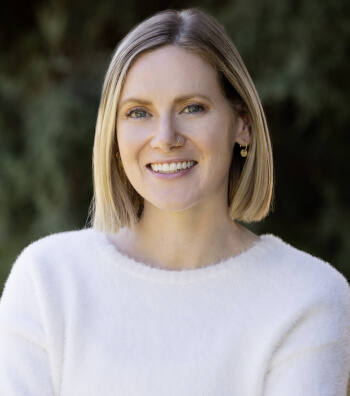
Rebecca Newell
Licensed Professional Counselor
Offers sessions only online
Becca's goal is for you to accept all parts of yourself
Gender: Woman
Ethnicity: White
Pronouns: She/Her
Additional ratings needed to generate average
-
Online Therapy Session, No Physical Location, CO

Alex Spare
Licensed Professional Counselor
Offers sessions in-person and online
Alexander is EMDR trained and is working towards EMDRIA certification with an EMDRIA-certified supervisor.
Gender: Man
Ethnicity: White
Pronouns: He/Him
Additional ratings needed to generate average
-
9220 Kimmer Drive, Lonetree, CO 80124
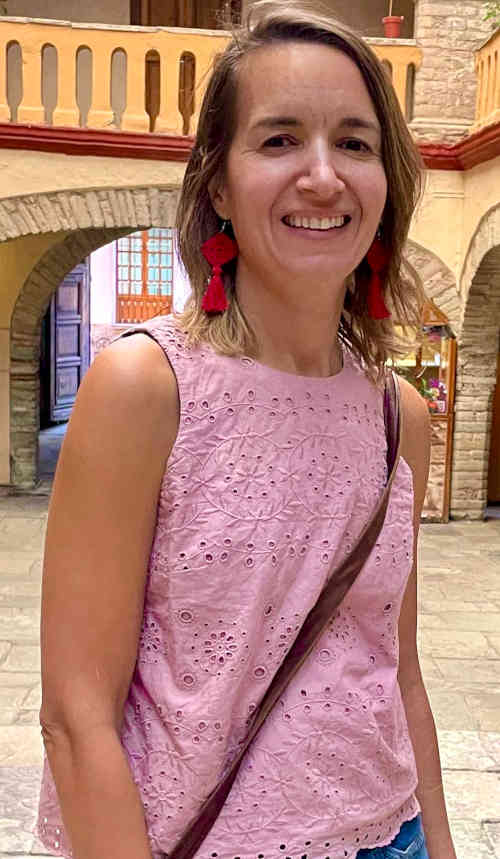
Valeria Rojo
Licensed Clinical Social Worker
Offers sessions only online
Valeria has the ability to help people feel heard and understood no matter what they have experienced or where they have come from.
Gender: Woman
Ethnicity: Latino or Hispanic or Spanish Origin of any ethnicity/race
Pronouns: She/Her
Additional ratings needed to generate average
-
Online Therapy Session , No Physical Location, CO
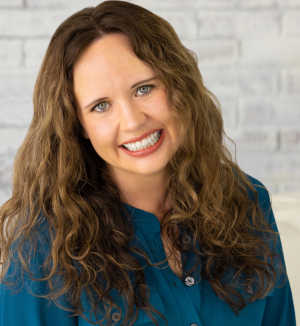
Jeanne Cross
Licensed Clinical Social Worker
Offers sessions only online
Jeanne treats people of all backgrounds and all are welcome.
Gender: Woman
Ethnicity: White
Pronouns: She/Her
Additional ratings needed to generate average
-
Online Therapy Session , No physical Location , CO

Kenzie Bohm
Licensed Clinical Social Worker
Offers sessions only online
Kenzie works to ensure her therapy space feels comfortable and safe.
Gender: Woman
Ethnicity: Prefer not to share
Pronouns: Prefer not to Share
Additional ratings needed to generate average
-
Online Therapy Session, No Physical Location, CO
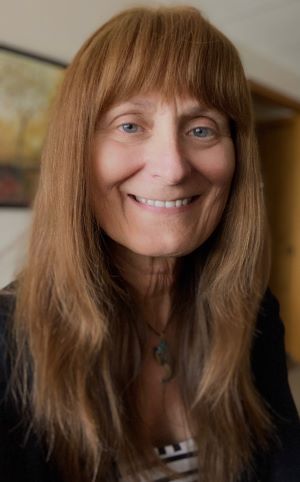
Rachael St.Claire
Doctor of Psychology
Offers sessions only online
Rachael values being compassionate, supportive, and focused on your needs and goals.
Gender: Woman
Ethnicity: White
Pronouns: She/Her
Additional ratings needed to generate average
-
Online Therapy Sessions, No Physical Location, CO

